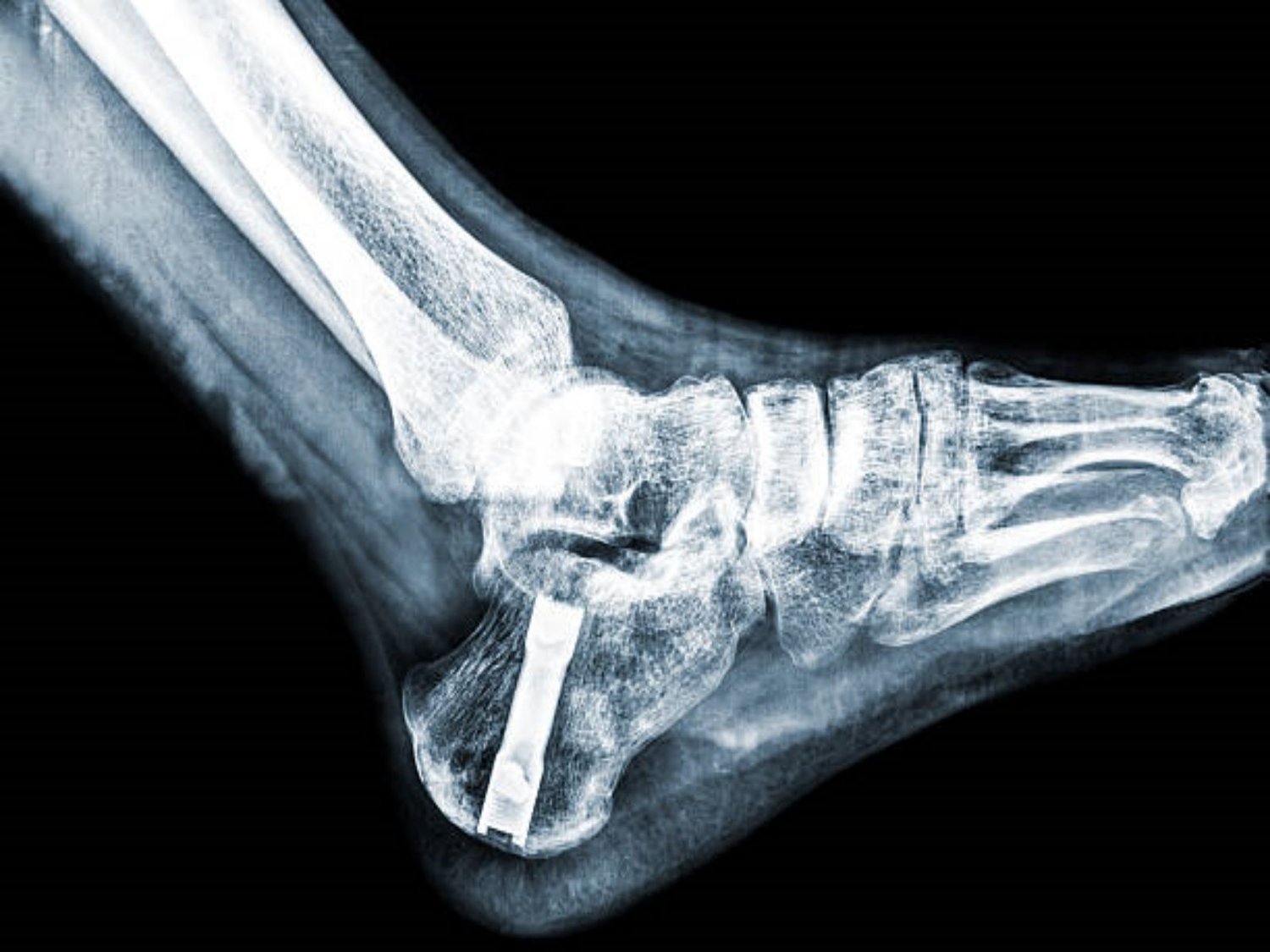Table of Contents

The Advantages of Using Titanium Tubes for Medical Implants
When it comes to medical implants, the material used is of utmost importance. One material that has gained significant attention in recent years is titanium. Titanium tubes have become the go-to choice for many medical professionals due to their unique properties and numerous advantages. In this article, we will explore what makes titanium tubes ideal for medical implants, and why they are increasingly being preferred over other materials.
Durability and Strength
Titanium is known for its exceptional strength and durability. This makes it an ideal material for medical implants that need to withstand the stresses and strains of everyday use. Titanium tubes have a high strength-to-weight ratio, making them incredibly strong while remaining lightweight. This is particularly beneficial for patients who require implants in load-bearing areas such as the hips or knees.
Biocompatibility
One of the key reasons titanium tubes are favored for medical implants is their excellent biocompatibility. Titanium is a biologically inert material, meaning it does not react with bodily tissues or fluids. This reduces the risk of rejection or allergic reactions, making it a safe choice for patients. The biocompatibility of titanium also allows for better integration with surrounding tissues, promoting faster healing and reducing the risk of complications.
Corrosion Resistance
Another significant advantage of titanium tubes for medical implants is their exceptional corrosion resistance. Titanium has a natural oxide layer that forms on its surface, providing a protective barrier against corrosion. This makes titanium implants highly resistant to the harsh conditions within the body, including exposure to bodily fluids and chemicals. The corrosion resistance of titanium ensures the longevity of the implant and minimizes the need for replacements or revisions.
Low Magnetic Signature
In certain medical procedures, it is crucial to have materials with a low magnetic signature. Titanium is a non-magnetic material, making it an excellent choice for implants that will undergo magnetic resonance imaging (MRI) or other diagnostic procedures. The low magnetic signature of titanium tubes ensures accurate imaging results without any interference from the implant.
Excellent Fatigue Resistance
Titanium tubes exhibit exceptional fatigue resistance, making them well-suited for long-term use in medical implants. Fatigue failure is a concern in many implantable devices, as they are subjected to repetitive loading over an extended period. Titanium's ability to withstand cyclic loading without experiencing fatigue failure makes it a reliable choice for medical implants that need to endure years of use.
Non-Toxic and Non-Corrosive
One of the essential qualities of a material used in medical implants is its non-toxic and non-corrosive nature. Titanium meets these criteria, making it a safe and reliable choice for implantable medical devices. The non-toxicity of titanium ensures that it does not release harmful substances into the body, while its non-corrosive nature prevents any adverse reactions or damage to surrounding tissues.
Compatibility with Imaging Techniques
Imaging techniques such as X-rays and CT scans are commonly used in medical diagnostics. Titanium is highly compatible with these imaging techniques, allowing for clear and accurate visualization of the implant. This is particularly important for post-implantation monitoring and assessment of the implant's position and performance.
Longevity and Reliability
Titanium tubes have a proven track record for longevity and reliability in medical applications. The material's ability to withstand the demanding conditions within the body, along with its resistance to corrosion and fatigue, ensures that titanium implants can last for many years without compromising their functionality. This longevity and reliability make titanium tubes an excellent choice for medical implants, providing patients with peace of mind.
Versatility in Design
Titanium's exceptional mechanical properties and ease of fabrication allow for the creation of highly customized and versatile implant designs. Titanium tubes can be shaped and formed to match the specific anatomical needs of each patient. This versatility in design ensures a better fit, improved patient comfort, and enhanced overall performance of the implant.
Wide Range of Medical Applications
Titanium tubes find applications in a wide range of medical fields, including orthopedics, dentistry, cardiology, and neurology. From joint replacements to dental implants, titanium has proven its effectiveness and reliability across various medical specialties. The versatility and compatibility of titanium tubes make them an ideal choice for a diverse range of medical implants.
